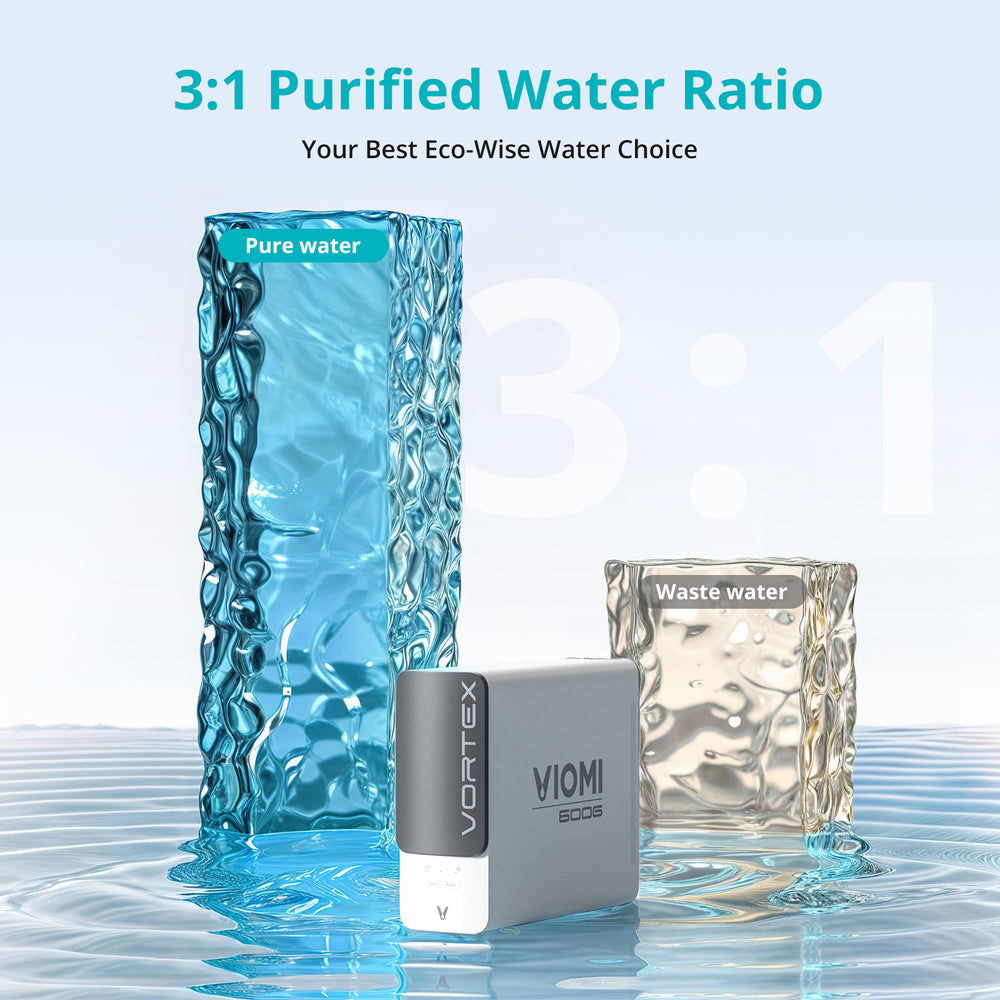Unlock the Secrets to Choosing the Perfect Water Filter for Your Home!
In today's world, ensuring access to clean and safe drinking water is more crucial than ever. A high-quality water filter not only enhances the taste of your water but also significantly improves your overall health by removing harmful contaminants. The benefits of drinking clean water extend beyond hydration; it can lead to better skin, improved digestion, and even increased energy levels. As someone who has navigated the myriad options available in the market, I can attest to the difference a good filter can make. It’s an investment in your health and well-being. In this article, we’ll delve deep into the world of water filters, reviewing various products and providing a comparative analysis that will empower you to make an informed decision tailored to your unique needs.

Understanding Water Filtration Technologies
Water filtration technologies come in various forms, each with its own mechanism of action and effectiveness. One of the most common methods is activated carbon filtration, which works by adsorbing impurities. This technology excels at removing chlorine, sediment, and volatile organic compounds, thus enhancing the taste and odor of water. Another popular method is reverse osmosis (RO), which pushes water through a semipermeable membrane, effectively eliminating a wide range of contaminants, including heavy metals and salts. This method is particularly useful for those living in areas with hard water. UV purification is another technology gaining traction; it employs ultraviolet light to kill bacteria and viruses, ensuring your water is microbiologically safe. Understanding these technologies is essential, as each serves different purposes and is tailored to specific types of water quality issues.
Key Factors to Consider When Choosing a Water Filter
Choosing the right water filter involves several critical considerations. First, assess the quality of your water. Conducting a water test can reveal contaminants like lead, bacteria, or hard minerals, which will guide your choice of filtration method. Another crucial factor is the filter's lifespan. Some filters need replacement every few months, while others can last a year or more, depending on usage. Maintenance requirements also vary; some systems require significant upkeep, while others are more user-friendly. Additionally, consider the flow rate of the filter. A system that delivers water too slowly may not meet your household's needs, especially during peak usage times. By prioritizing these factors, you can select a filter that fits seamlessly into your lifestyle and effectively addresses your water quality concerns.
Comparative Analysis of Popular Water Filter Types
When it comes to water filters, a variety of options are available, each with its own set of advantages and disadvantages. Pitcher filters are perhaps the most accessible and user-friendly choice, providing a simple solution for improving tap water quality. They are portable and require no installation, making them ideal for renters. However, their filter lifespan is relatively short, and they may not remove all contaminants effectively. Faucet-mounted filters offer a step up in filtration capacity and convenience, attaching easily to your existing faucet. They typically have a longer filter lifespan compared to pitchers, but they may slightly reduce water pressure. For those seeking a more permanent solution, under-sink systems provide robust filtration capabilities, often utilizing multiple stages of filtration for comprehensive contaminant removal. However, they do require installation and regular maintenance. Each type has its strengths and weaknesses, so consider your household's needs before making a choice.
Common Myths About Water Filters
Despite the growing awareness of water filtration, several myths still persist that can mislead consumers. One common misconception is that all water filters are equally effective. In reality, the performance of a filter can vary widely based on its technology and design. Another myth is that maintenance is overly complicated. While some systems do require regular upkeep, many modern filters are designed for ease of use, making them accessible for everyday consumers. Lastly, some people believe that water filtration is unnecessary if they have city water supply. However, municipal water can still contain contaminants, making filtration a wise choice for added safety. By debunking these myths, consumers can make better-informed decisions about their water filtration needs.
Making an Informed Choice for Cleaner Water
In conclusion, selecting the right water filter is a significant decision that can enhance your quality of life. With the information provided in this article, you can evaluate different filtration technologies, consider key factors like water quality and filter lifespan, and compare various types of systems. Remember, the best choice for you will ultimately depend on your specific needs and circumstances. Investing time in understanding your options will pay off in the form of cleaner, safer drinking water for you and your family.






